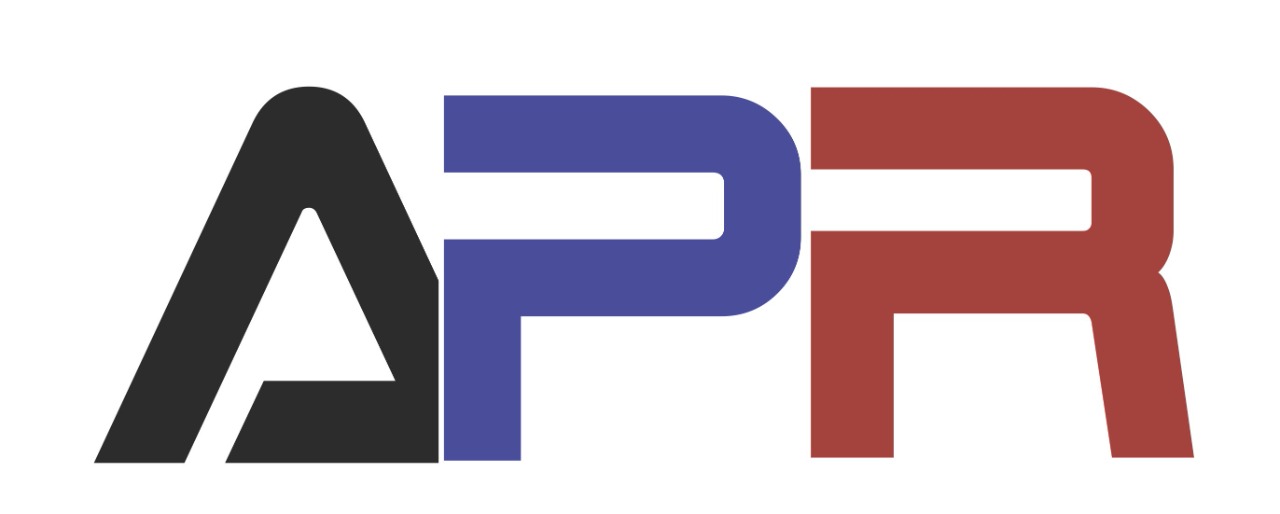Pragati Singh, Bhavna 1
Abstract : Vaccination drive for COVID-19 is the most promising strategy to control the spread of SARS-CoV-2 infections. However, numerous uncertainties exist regarding the pros and cons of vaccination, especially in pregnant and nursing women. As per various studies pregnant and nursing women receive as much protection from vaccine as non-pregnant women. In terms of safety data, more than 60,000 pregnant women have signed up for the government’s v-safe program, which monitors people who have received a COVID-19 vaccine. COVID -19 mRNA vaccines generated robust protection in pregnant and lactating women with the immunity levels and side effects similar to that observed in non-pregnant women adding immunity also transferred via placenta and breast milk. There is transfer of antibodies in cord and the breast milk, suggesting that vaccine also deliver antibodies to babies. Vaccines induce antibodies which were detected in all umbilical cord blood and breast milk sample.
The gestational age of de novo maternal antibody production influences the level of SARS-CoV-2 specific antibody that is detected in cord blood specimen, indicating an ideal time for maternal vaccination prior to delivery for boosting protection to the fetus. SARS-CoV-2 specific antibodies will appear inefficiently and transferred across the placenta after third trimester. The vaccine dose increases SARS-CoV-2 specific IgG which got detected in maternal blood and breast milk but not for IgA.
Therefore, there is no ethical reason to not include pregnant women in phase III trial of COVID-19 vaccine and provide evidences that COVID vaccine can induce immunity which will protect infants and does not elucidate and any potential risk of vaccine to fetus.

